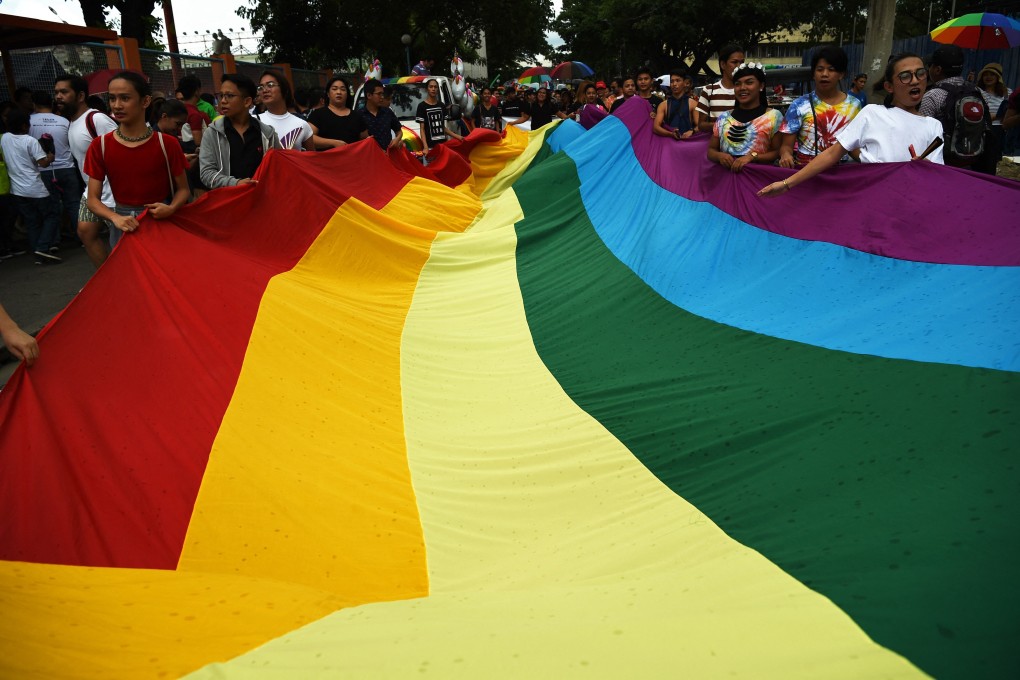Same-sex union bill filed in largely Catholic Philippines, put forward by former film star Senator Robin Padilla
- The measure proposes giving same-sex couples the right to obtain a valid license for a civil union, and to be afforded inheritance and adoption rights
- President Marcos supports moves to fight discrimination against LGBTQ individuals, but public sentiment for same-sex civil unions has been negative

A bill seeking to allow same-sex couples to enter into civil unions has been filed at the Philippine Senate, the first step toward legislating a proposal that has faced opposition in the predominantly Roman Catholic nation.
The measure proposes to give same-sex couples the right to obtain a valid license for a civil union, and to be afforded inheritance and adoption rights. The bill was put forward by neophyte Senator Robin Padilla, an action star who topped the recent senatorial race.
Still, public sentiment for same-sex civil unions has been negative, with a 2018 Social Weather Stations survey showing 61 per cent of Filipinos opposing the proposal. President Ferdinand Marcos Jnr has said during the campaign that he supports moves to fight discrimination against LGBTQ individuals.
Padilla’s bill will have to be approved at the Senate committee and plenary level. It must also get support from the House of Representatives and the president for it to become law.
Senator Risa Hontiveros, who chairs the gender equality committee, said in a statement on Friday that she will prioritise a bill prohibiting discrimination on the basis of sexual orientation, gender identity or expression that has languished in Congress for decades.

There is currently no national legislation to prevent injustice and economic discrimination against LGBT communities, although 25 local jurisdictions have anti-discrimination laws that prohibit prejudice based on sexual orientation and gender identity.